Cruising through the fairy tales of the renown Danish writer Hans Christian Andersen (1805-1875) has been my favorite ride at Tivoli Gardens, Copenhagen. The well-known scenes from his universal fairy tales are artfully designed and animated in this popular amusement park founded in 1843. What was magical about the ride was the realness of the scenes staged in a surreal sojourn across the fairy tales. One could easily be incarnated as part of the scenes amidst the heroes of the story. To complete the “going into the book experience, ” the epitome of the tale is heard from a …
Category: Science
To love beauty is to see the light. The renown French author Victor Hugo (1802-1885) reflected on the bliss of beauty that strikes the eye, and said : To love beauty is to see light. Nearly a century after Victor Hugo, Yuri Gagarin (1934-1968), the first man who traveled to space in 1961, expressed in awe as he gazed across the cosmos : Rays were blazing through the atmosphere of the earth, the horizon became bright orange, gradually passing into all colors of the rainbow: from light blue to dark blue, to violet and then to black. What an indescribable …
To do good, which, as we all know, is universal, is in the heart of being human. Yet we find it difficult to do even small acts of kindness like lending an ear to a distressed friend, greeting the gardener at the park, offering coffee to a subordinate, or paying attention to the needs of a family member whose presence we take for granted. Simply because we naturally live in our ego, self-occupied with primarily satisfying our own pleasure and achievement needs in professional, social and familial contexts. We are programmed to see ourselves in the center of the …
Where the spirit does not work with the hand, there is no art. The exceptional artist and polymath, Leonardo da Vinci (1452-1519), driven by his rigorous quest for knowing the human body, spirit, and its place in the universe, dedicated his life to display his findings through art. His gift for art along with his profound knowledge in anatomy, botany, mathematics, engineering and physics are reflected in the corpus of his work. He always carried a notebook in which he drew his sharp observations with precision and artistic mastery. His scientific findings and aesthetic conceptions are preserved in nearly …
There is geometry in the humming of the strings, there is music in the spacing of the spheres. Pythagoras (circa 570 BC), the sage philosopher and polymath was born on the Greek island of Samos. Renown by his fundamental theory of mathematics and his studies on the pre-existing link between music and mathematics, he demystified the music of the planets of our solar system which he defined as musica universalis – the music of the spheres. Attesting to the fact that the planets and stars move according to mathematical equations, their movement correspond to musical notes and each emit their …
“We are routine beings, and arguably even more so at this time. And this is normal, although our brain likes to be surprised, it needs routine to avoid overheating, ” states Valentin Wyart, the acclaimed neuroscientist of École Normale Supérieure of France. Even more so nowadays, the routine allows us to structure ourselves when we have just spent a highly unstructured year with difficulties in planning. He affirms the restorative quality of routine in one’s daily life : These routines that we put in place allow at least the projection in the very short term: knowing what we are going …
“How easy to become learned, how difficult to become truly human.” Ostad Elahi, thinker, judge, and remarkable musician of the 20th century, having spent his lifetime studying the essence and core principles of religions and the universal sayings of the sages, he conveys the quintessence of all religions : The religions differ only in their secondary aspects; otherwise, their fundamental objective and principles are the same. What is unique about his thought is that he did not contend with the theoretical perspective of matters which he studied so meticulously. Instead, he experimented the veracity of these principles in …
Laughter is the closest distance between two people. –Victor Hugo “The sound of laughter is universal” state linguists and psychologists. Humans are born with the instinct of laughter. It’s part of the social contract. When one laughs, the other gets the urge to laugh too. Having asked the question “what makes people laugh ? ”, the philosophers of ancient Greece said that one laughs at his own past self, as well as at the sense of superiority they felt over others in the face of adversities and in unexpected situations. Nietzsche argued that laughter is simply a reaction to …
God is very subtle, but he is not malicious. –Einstein Nobel winning Professor of Physics Charles H. Townes (1915-2015) explains why he believes that science and religion may ultimately converge : Some consider science and religion as fundamentally different domains in their techniques and rendering a just direct confrontation between the two impossible. Others find refuge in one of the two fields and consider the other as contingent or even harmful. To me science and religion are both universal, and very similar. The goal of science is to discover the order in the universe and to understand through it, …
We are witnessing a real revolution in thought, in the hierarchy of moral values, in ethos ! …



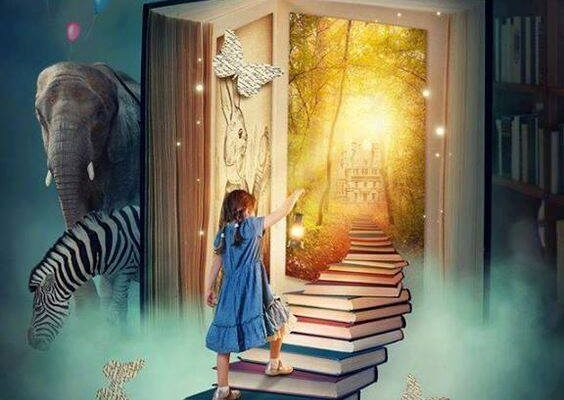
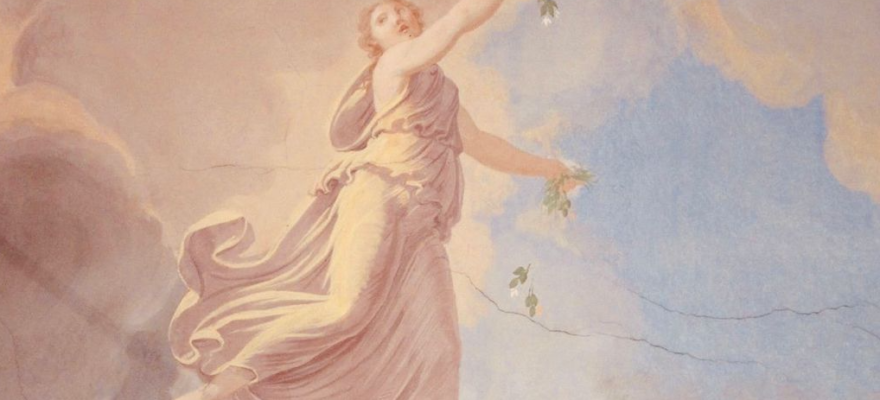

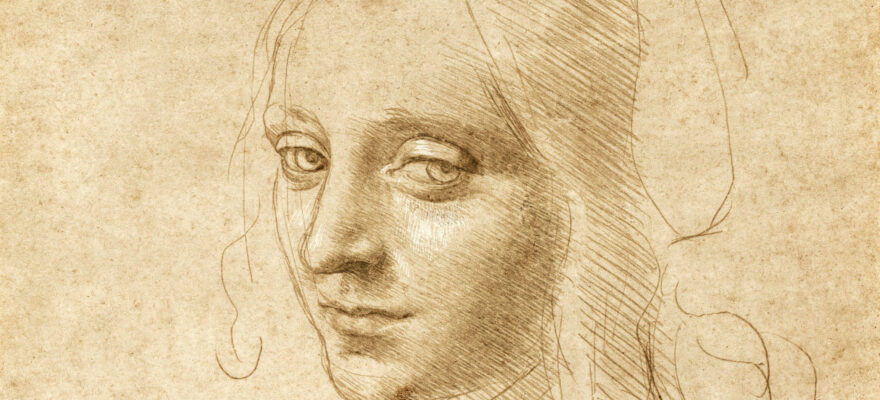
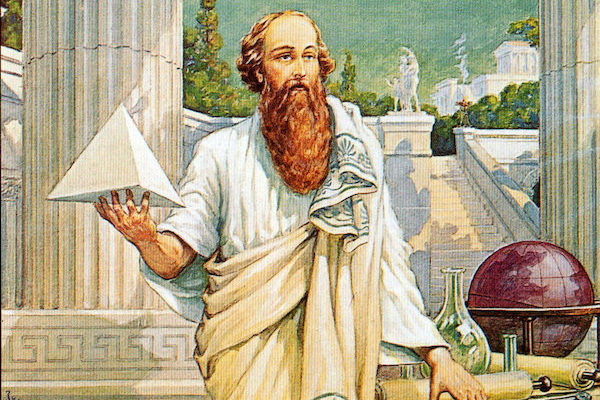


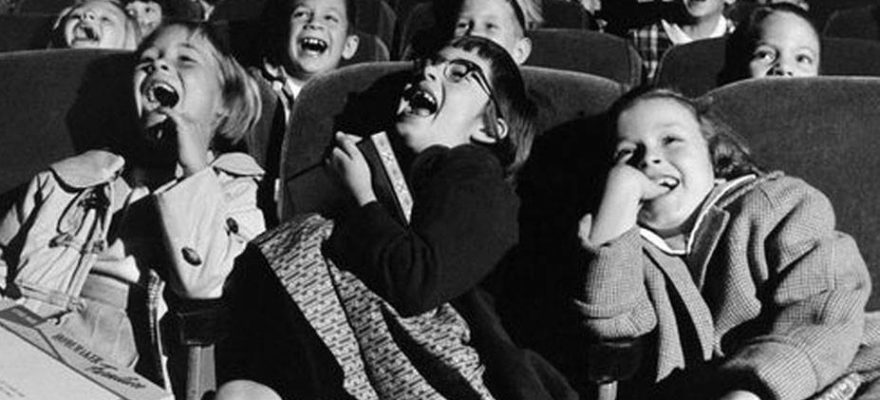
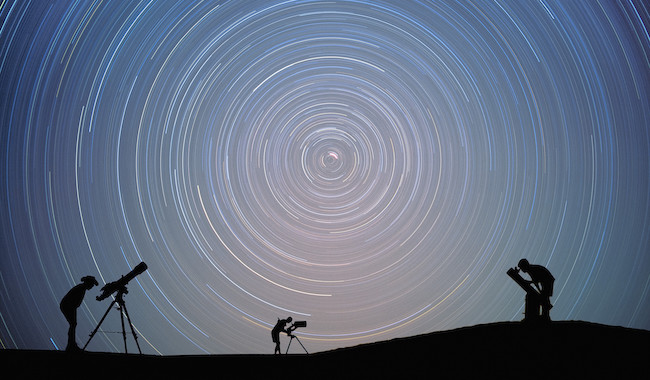
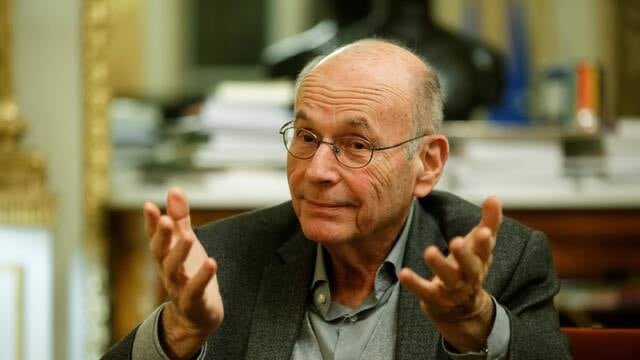





Social Profiles